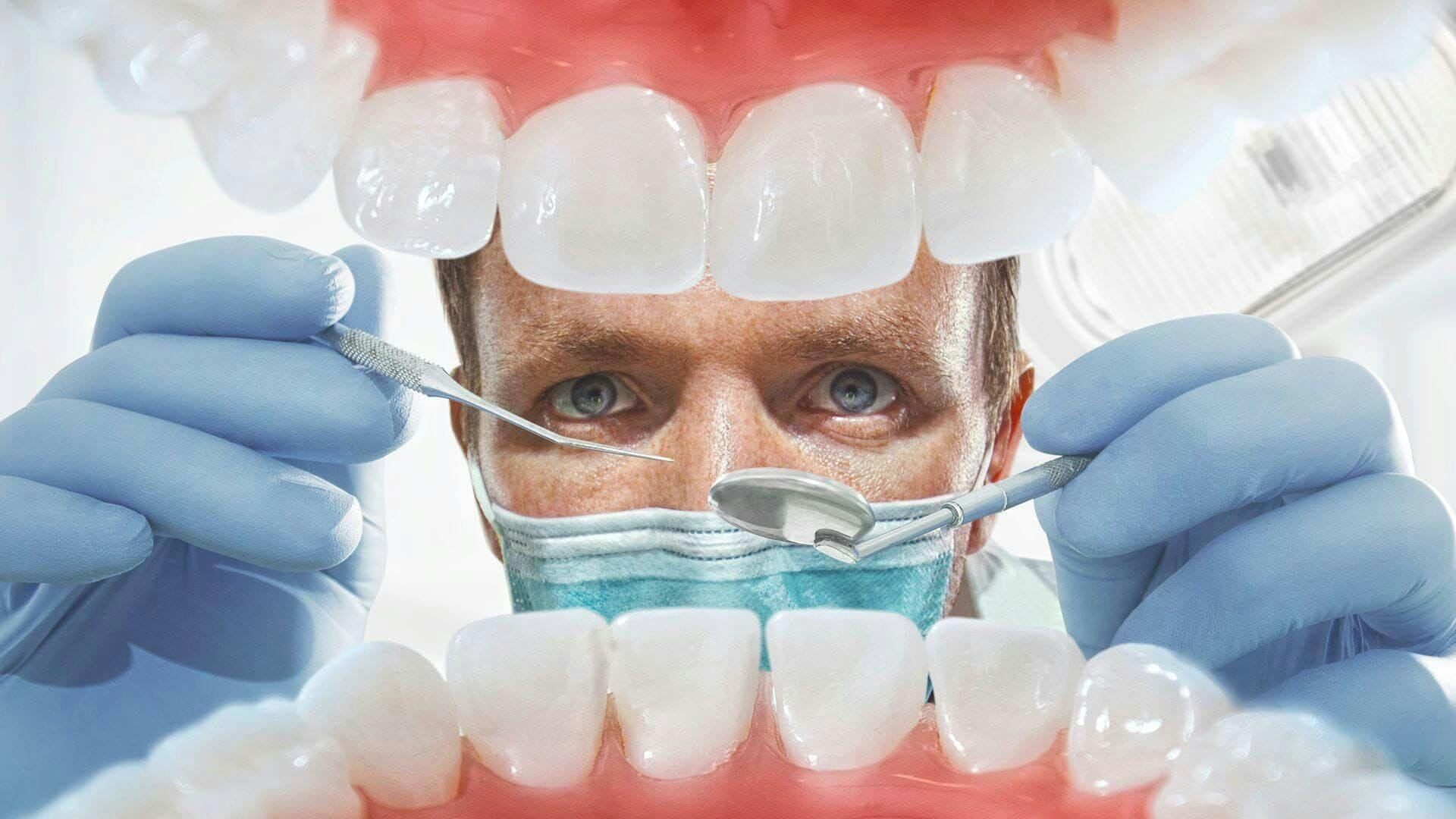Meet Your Pleasant Area Dentist Eugene OR and Their Solutions
Meet Your Pleasant Area Dentist Eugene OR and Their Solutions
Blog Article
Discover the Series Of Dental Issues Dentists Generally Manage
Dental practitioners are charged with attending to a broad range of dental problems, each calling for specialized knowledge and strategies. From the widespread issue of dental caries caused by bacterial activity to the more dangerous development of gum condition, oral experts have to be proficient at early detection and intervention. Tooth sensitivity, typically arising from worn enamel, adds an additional layer of intricacy, while the early identification of oral cancer can be life-saving. In addition, misaligned attacks require tailored treatment plans to boost both functionality and looks. What certain techniques do dentists employ to take care of these diverse obstacles successfully?
Dental Caries and Dental Cavity
Tooth cavities, additionally known as dental decays, are created by the demineralization of tooth enamel due to acid-producing germs in the mouth. If left unattended, tooth cavities can lead to considerable oral issues, consisting of infections and tooth loss.
To detect tooth cavities and dental cavity, dental experts use a mix of visual examinations, dental X-rays, and often laser fluorescence devices. Treatment alternatives vary depending upon the severity of the degeneration. Early-stage tooth cavities could be managed with fluoride treatments that assist remineralize the enamel. For even more advanced degeneration, a dental practitioner might need to remove the compromised cells and restore the tooth with fillings made from products such as composite resin, amalgam, or porcelain.
Safety nets are vital in combating tooth cavities and tooth decay. Regular dental exams, appropriate brushing and flossing techniques, and a balanced diet plan reduced in sweet foods and drinks are basic techniques that support oral wellness and decrease the risk of cavities.
Periodontal Illness

This creates the periodontals to draw away from the teeth, producing pockets that end up being contaminated. As the body's immune system combats the germs, the bone and connective cells that hold teeth in area are damaged down.
Dentists detect gum tissue illness through clinical assessment and gum penetrating to gauge pocket depths around the teeth. Therapy might include scaling and origin planing to eliminate tartar and microorganisms from tooth surface areas and under the gum tissues. In severe cases, medical interventions like flap surgery or bone grafts are needed to bring back dental wellness. Maintaining correct oral hygiene and regular dental check-ups are crucial for preventing periodontal disease.

Tooth Sensitivity
Beyond gum tissue illness, one more common dental problem that patients often encounter is tooth sensitivity. Characterized by a sharp, short-term discomfort in action to stimulations such as warm, chilly, sweet, or acidic foods and drinks, tooth level of sensitivity can significantly influence a patient's quality of life.
In addition, dental procedures, fractured teeth, and periodontal disease can expose the dentin. To alleviate tooth sensitivity, dentists may recommend index making use of tooth paste formulated for delicate teeth, fluoride therapies to strengthen enamel, or oral bonding to cover subjected dentin.
Eventually, dealing with tooth sensitivity needs a comprehensive technique that consists of both safety nets and targeted treatments to alleviate pain and protect the dental structures.
Dental Cancer Cells
Oral cancer cells, a possibly lethal and serious problem, commonly flies under the radar in routine dental care discussions. This kind of cancer can affect any type of component of the mouth, consisting of the lips, tongue, cheeks, floor of the mouth, hard and soft palates, sinuses, and throat. Early discovery is vital for successful therapy, yet numerous cases are diagnosed at innovative stages as a result of refined initial signs and symptoms.
Misaligned Bites
Misaligned bites, additionally referred to as malocclusions, are a typical oral problem that can substantially influence both oral health and overall top quality of life - dentist eugene oregon. These problems take place when the upper and reduced teeth do not straighten correctly, resulting in problems in biting, chewing, and even speaking. Malocclusions can be categorized right into numerous kinds, consisting of overbites, underbites, crossbites, and open attacks, each presenting special obstacles that need tailored therapy methods
The sources of misaligned bites are varied and can include genetic factors, very early loss of baby teeth, thumb sucking, and injuries to the jaw. Signs commonly include discomfort or pain in the jaw, frequent attacking of the internal cheeks, and an enhanced threat of tooth degeneration and gum disease due to difficulty in preserving dental health.
Orthodontists and dentists employ a range of treatments to resolve misaligned bites, from clear aligners and standard dental braces to much more advanced operations in severe instances. Early medical diagnosis and therapy are important to stop complications such as temporomandibular joint (TMJ) conditions and uncommon endure teeth. Through thorough examination and individualized therapy strategies, oral experts play a critical function in correcting malocclusions and enhancing clients' oral function and visual appeals.
Conclusion
Dental practitioners address a spectrum of dental concerns, each with distinct obstacles and treatment procedures. Cavities and tooth degeneration arise from microbial task that endangers this page tooth enamel, while periodontal illness can rise from gingivitis to extreme gum problems. Tooth sensitivity includes discomfort from thermal stimulations, demanding particular treatment. Early detection of dental cancer is important for effective intervention. Misaligned bites impact both dental health and wellness and lifestyle, commonly needing orthodontic or surgical services to correct.
To identify tooth cavities and tooth degeneration, dental professionals use a combination of aesthetic examinations, oral X-rays, and sometimes laser fluorescence gadgets.Beyond periodontal disease, one more typical oral problem that people regularly run into is tooth level of sensitivity. In addition, dental procedures, broken teeth, and gum tissue illness can expose the dentin. To mitigate tooth sensitivity, dental professionals may recommend making use of tooth paste developed for sensitive teeth, fluoride treatments to strengthen enamel, or oral bonding to cover revealed dentin. Tooth cavities and tooth decay result from microbial activity that jeopardizes tooth enamel, while periodontal illness can rise from gingivitis to severe gum conditions.
Report this page